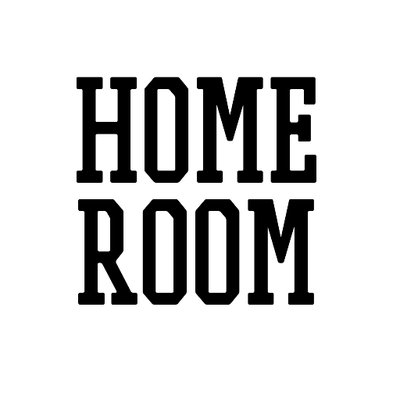Ang kursong ito ay nakatuon sa pag-unawa sa pinagmulan at pag-unlad ng sariling lalawigan at rehiyon kasama ang aspektong pangkultura, pampulitika, panlipunan at pangkabuhayan gamit ang malalim na konsepto ng pagapapatuloy at pagbabago, interaksyon ng tao at kapaligirang pisikal at sosyal.
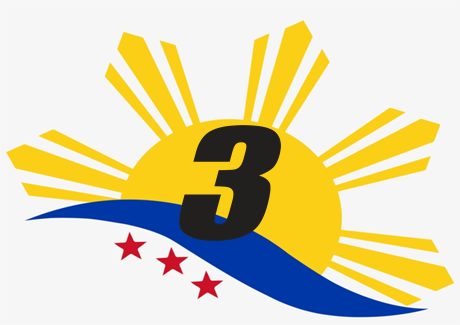
- Teacher: Morena Santelices
The learner listens critically to to get information from text heard, demonstrates independence in using the basic language structure in oral and written communication, and reads with comprehension
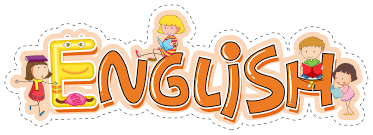
- Teacher: Morena Santelices
Naipapamalas ng mag aaral ang pag-unawa sa mga gawain na nagpapakita ng pagpapahalaga tungo sa maayos at masayang pamumuhay na may mapanagutang pagkilos at pagpapasiya para sa sarili, kapwa, pamayanan, bansa at Diyos.

- Teacher: Morena Santelices
Pagkatapos ng Ikatlong Baitang, inaasahang nasasabi na ng mga mag-aaral ang pangunahing diwa ng tekstong binasa o napakinngan at nakapagbibigay ng kaugnay o katumbas na teksto, nagagamit ang mga kaalaman sa wika, nakababasa nang may wastong palipon ng mga salita at maayos na nakasulat gamit ang iba’t ibang bahagi ng pananalita upang maipahayag at maiugnay ang sariling ideya, damdamin at karanasan sa mga narinig at nabasang mga teksto ayon sa kanilang antas o lebel at kaugnay ng kanilang kultura.
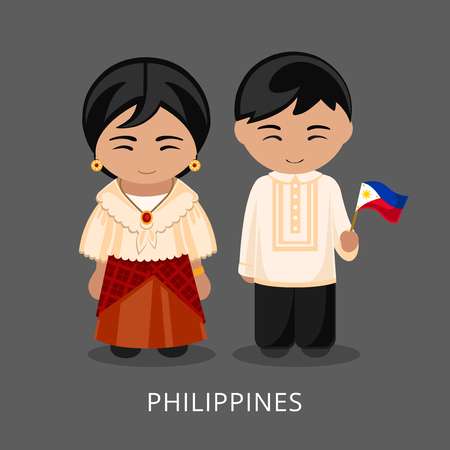
- Teacher: Jocelyn Intong

- Teacher: Melanie Bermudez Belmonte
At the end of the course, students must be able to demonstrate understanding and appreciation of key concepts and skills involving numbers and number sense (whole numbers up to 10 000; ordinal numbers up to 100th; money up to PhP1 000;the four fundamental operations of whole numbers; proper and improper fractions; and similar, dissimilar, and equivalent fractions); geometry (lines, symmetry, and tessellations); patterns and algebra (continuous and repeating patterns and number sentences); measurement (conversion of time, length, mass and capacity, area of square and rectangle); and statistics and probability (tables, bar graphs, and outcomes) as applied - using appropriate technology - in critical thinking, problem solving, reasoning, communicating, making connections, representations, and decisions in real life.
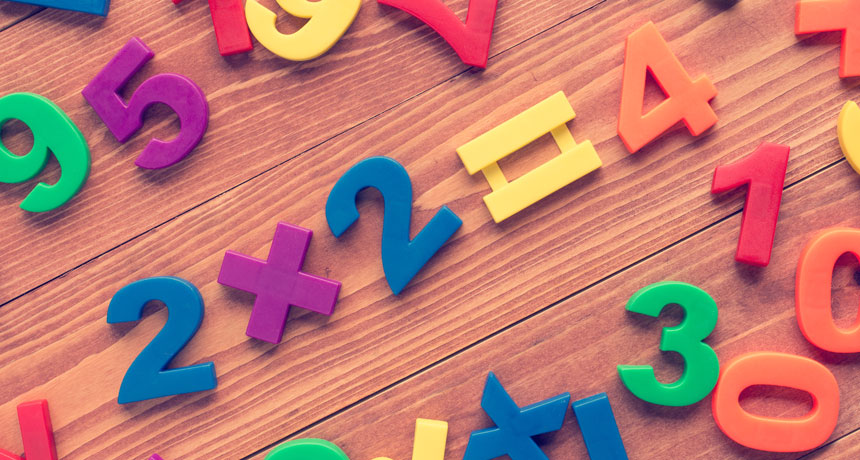
- Teacher: Cindy Ramos Marasigan
The learner demonstrates communication skills in talking about variety of topics using expanding vocabulary and phrases, shows understanding of spoken language in different contexts using both verbal and non-verbal cues, vocabulary and language structures, cultural aspects of the language, reads and writes literary and informational texts.
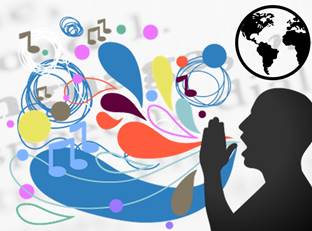
- Teacher: Jocelyn Intong
- Teacher: Marilou Pagsuguiron
Program Standard: Learners observe and explore and investigate how things around them move and can be moved. They also identify things in their environment that can cause changes in the movement of objects and observe and identify different sources of light, heat, sound, and electricity in their environment and their uses in everyday life.
|
Grade Level Standard: The learners demonstrate understanding of motion of objects, sources and uses of light, sound, heat and electricity. |

- Teacher: Rixequel Genteroy
- Teacher: Ma. Haydee D Samonte
